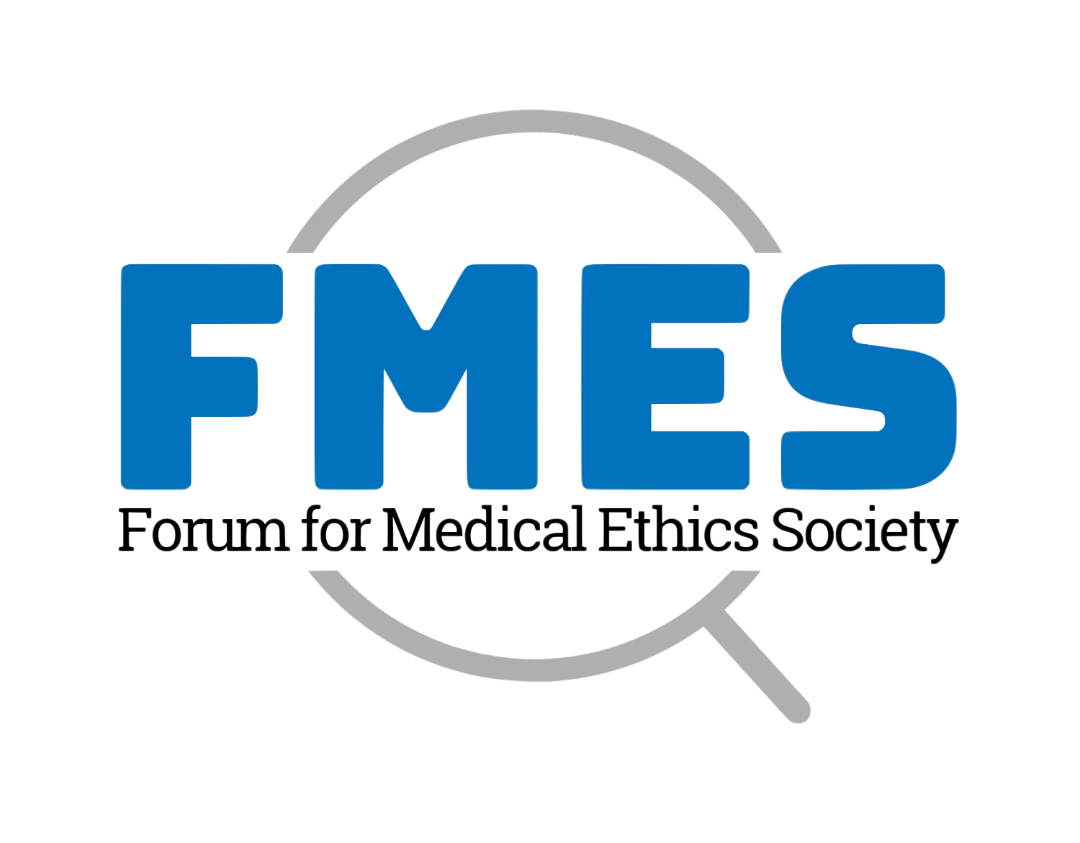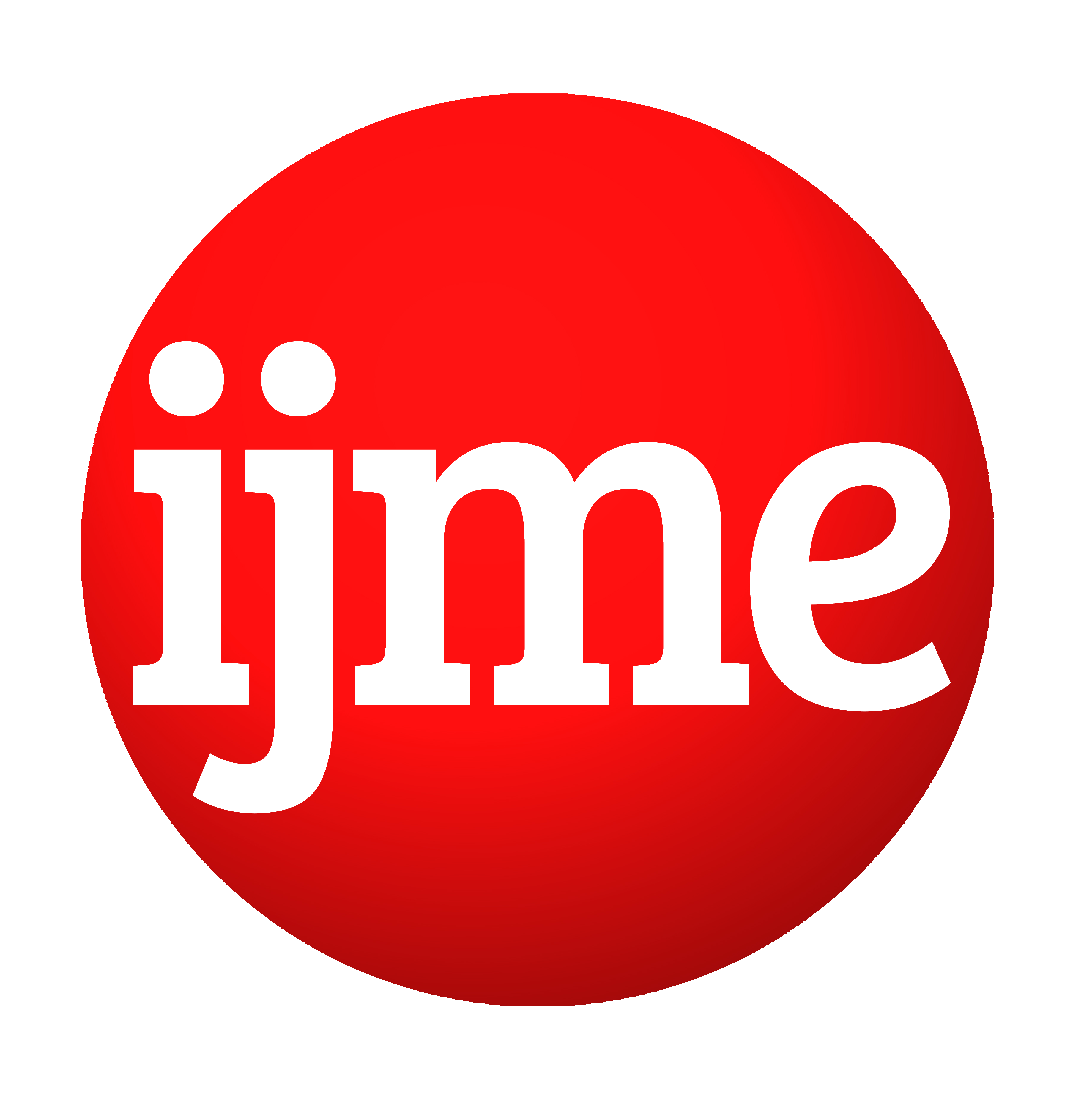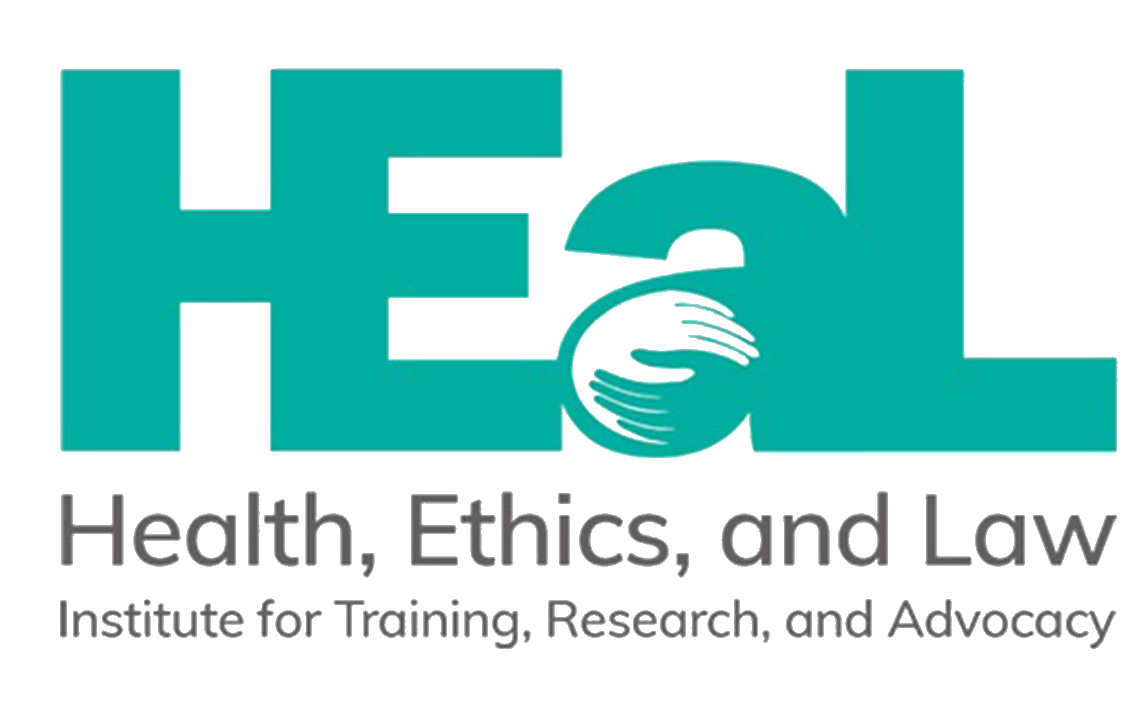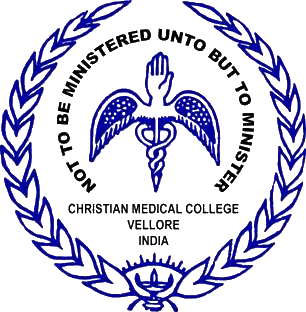The Sixth National Bioethics Conference, to be held in Pune, Maharashtra, has been co-organised by FMES / IJME and MASUM
FMES-IJME
The Forum for Medical Ethics Society (FMES) was founded by a group of Mumbai-based medical practitioners in 1989. The primary agenda of this group was to highlight issues in medical ethics and generate discussions around them. FMES was registered as a Trust and a Society in 1995. In addition to the publication of IJME and the regular organisation of the NBCs, FMES is involved in activities instrumental to developing and supporting the growth of the discipline of bioethics in India. Curricula and modules developed by FMES have been adapted by other ethics training initiatives. Members of FMES serve as resource persons for courses in ethics at various institutions in India, Bangladesh and Pakistan. Some members serve on the ethics review boards of research institutes in India and abroad.
Please click here for FMES brochure: http://www.issuesinmedicalethics.org/index.php/ijme/pages/view/fmes-brochure/
The Indian Journal of Medical Ethics (IJME) was founded by FMES in 1993. IJME has worked to highlight ethical principles in healthcare, draw attention to malpractices in the healthcare system, create awareness of the rights and responsibilities of patients and doctors, promote discussion with patients, and give importance to patients' perspectives.
The journal has generated exchanges between non-medical experts, philosophers and social scientists, medical providers, health researchers, paramedical personnel and advocacy groups. IJME is, till date, the only journal on bioethics and medical ethics published from India.
For more information about FMES and IJME, please visit: www.ijme.in/
Mahila Sarvangeen Utkarsh Mandal (MASUM), Pune, was co-founded by Dr Manisha Gupte and Dr Ramesh Awasthi in 1987 during their five-year stay in the drought-prone Purandar block of Pune district. It evolved out of a commitment to women's rights within and outside the home, working with a feminist perspective and a human rights approach. MASUM's primary belief is that people can resolve their own problems collectively with some amount of external support; thus, rather than create dependence on itself, MASUM has focused on strengthening people's perspectives on democracy, equality, secularism and social justice.
To read more about MASUM, please visit: http://www.masum-india.org.in/





